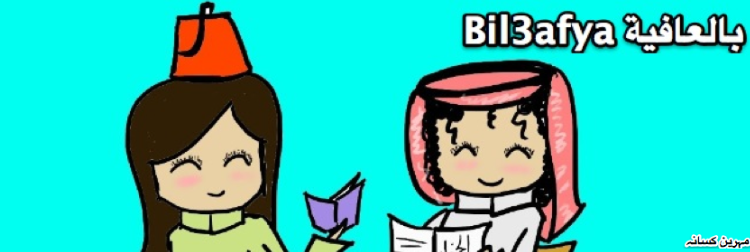In the past few weeks, 200,000 undocumented immigrants were deported from Saudi. Arrested in raids, left to sleep in the open air, piled in front of migration offices, and shown every kind of discrimination and abuse, those immigrants continue to be deported by the country that is home to King Abdullah’s Interfaith Dialogue Center.
Simultaneously, Kuwait follows its “big sister,” deporting hundreds in the past few weeks. Pictures of those migrants are taken without their permission, while policemen pose proudly as they fulfill their national duties. Racism is a living legacy in the Gulf, softened by Western powers and overlooked by media that would prefer to cover the story of a handsome man being deported from Saudi rather than those of the tens of thousands deported.
Below are pictures collected from the few reports available.
 |
| Mohammed is an undocumented Yemeni in Saudi Arabia showing his severe workplace injury. Source: Yemen Times. |

